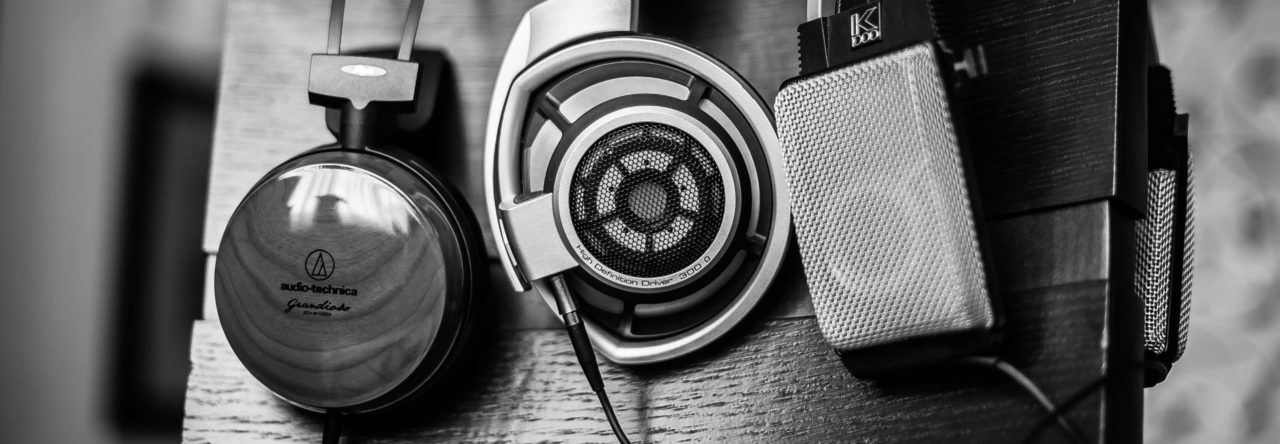
![]()
![]()
In the span of six years, Beach House have gone everywhere and nowhere at the same time. Their 2006 self-titled debut was met with warm embraces by virtually everyone that heard Alex Scally and Victoria Legrand’s soft and somber take on bedroom pop. The interweaving of carefully plucked electric guitar and lackadaisical keyboards next to Legrand’s emotional vocal style made for a grand base to build off of, and that’s essentially what they’ve spent their last couple records doing. Their popularity has continued to increase with each new effort, and in late 2009 they signed a new record deal with major indie label Sub Pop that only bolstered that profile more. It helped that their third record Teen Dream turned out to be one of 2010’s best, sending their subdued melodies skywards with all the grace of a freshly lit firework. The moving parts remained the same, but the dynamics had changed. It stands to reason that album put the band at a precipice, and the only way they could go from there was down. The real surprise is that their new record Bloom does nothing of the sort. If anything, the album title alone suggests that Beach House has finally blossomed into one of the most talented bands making music today. That the music is tighter and better than ever before only helps to prove that.
Perhaps the first thing you should know about Bloom is that you probably won’t fully grasp its power from a single listen alone. It’s a complicated piece best experienced in one 60 minute chunk rather than in singles or jumping around to perceived highlights. Each track is in many ways its own highlight, but together they build upon one another both instrumentally and emotionally. The main contrast with Teen Dream is that record primarily took the idea of a break-up and spent each track hashing and rehashing through the scars left behind. Great (and sad) though it was, the central idea often tried to cram too much into one song, and the consistent commentary on being mentally wounded by another person seems rather simplistic in retrospect. That was sort of the idea though, as Legrand and Scally said in interviews for that last album. They felt as if their first two records were a bit too slow moving and emotionally terse, and the idea with the third one was to open up a wider expanse with greater heft. Successful though it was, the thought of “too much, too fast” also applies quite well. Bloom seeks to smooth out those not very rough edges by keeping the big songs but trying to do less with them. They’re no longer shoving a truckload of food for thought down your throat in 3 minutes, but instead are exercising portion control.
The lyrical ideas and concepts that Legrand sings about are better organized and clearer on the whole, even as they tackle more abstract subject matter. What do you do and how do you feel about the loss of innocence in your youth? Can you hang onto those qualities that brought you such joyful moments as a kid? How does the divorce of your parents or your sibling falling victim to disease affect your life? Those aren’t lighthearted topics, but Beach House have never been a lighthearted band. Still, like any good memory bank there are thoughts on good times too; those fever dream moments that put a calm smile on your face. There’s an intimacy to them as well, because the emotional response such nostalgia triggers is unique to your own personal experience. This record does a fantastically subtle job of lending itself to become exactly what you want it to be at certain times. In that respect its brilliance lies with how much of yourself you invest in it. As a kid, did you ever have a toy or stuffed animal that you spoke to and had very personal “conversations” with? You hay have shared things with that inanimate object that nobody else knows about even today. Yet that toy or stuffed animal was manufactured in a plant somewhere and there were millions more like it shipped around the world to kids who also shared their unique hopes and fears with them. What we were looking for then was a sympathetic ear that passed no judgment and didn’t talk back. Bloom is kind of like the adult version of that. You can’t hug an mp3 (even if you can do that with a CD or vinyl record) or go on adventures with it, but you can listen carefully as Legrand’s voice draws you in and puts you at ease. Her words, though dark at times, are plainspoken and broad enough to give you the impression she’s singing to you and only you. “What comes after this momentary bliss?” she asks into the void on “Myth”. Instead of pondering that future, perhaps it’s best to simply enjoy the present.
For all the emotion and careful arrangement that went into making Bloom such a solid, singular piece of music, it winds up being Beach House’s most pop-friendly work to date. The verse-chorus-verse structure is in full effect on each track, and the hooks are hammered remarkably hard to make sure they stick in your head. Listen to the album enough times and you’ll be able to hear the chorus of almost every song in your head simply by reading its title. Strong as they all are, it’s “Wild” that earns the first spot on the mantle next to the band’s other classic tracks like “Master of None”, “Gila” and “Zebra”. Scally’s guitar work bounces off the figurative walls as the synths glide just beneath them with all the grace of a piece of ice on a hardwood floor. The drum machine motors along in classic Beach House style, and Legrand’s vocals both soar and ache at the same time. Somewhere around the middle of the record, it’s tempting to get lost in tracks like “The Hours” and “Troublemaker”, both of which don’t quite have the same effect as everything leading up to them. The purpose those songs serve though is to build towards the next peak. Like any number of post-rock bands that start a song quietly and get louder until the tension results in the bursting of a musical dam, that moment arrives in all its glory on “Wishes”. It’s a remarkable track on its own, but when paired with the couple songs leading into it there’s just a little more shimmer and sparkle in its step.
In more ways than one, shimmer and sparkle is a great way to describe Bloom as a whole. The experience of listening to it is akin to viewing a sunset on a placid lake or running through a lawn sprinkler on a hot summer’s day. Its gauzy beauty envelops you in its arms and comforts as much as it unsettles lyrically. Alex Scally and Victoria Legrand have found a way to make their already established sound come off as fresher and more gorgeous than ever before without sacrificing their best qualities. Very few artists have it in them to conjure up such a brilliant record in the direct wake of what many believed was a career watermark a mere two years earlier. This is their 1-2 punch like Radiohead’s OK Computer and Kid A or The Beatles’ Revolver and Sgt. Pepper’s Lonely Hearts Club Band. People will not only be talking about this album for the rest of 2012, but likely well beyond it too. For a record whose title and subject matter are all about the impermanence of life, love and relationships, Beach House have made something that may just last forever.
